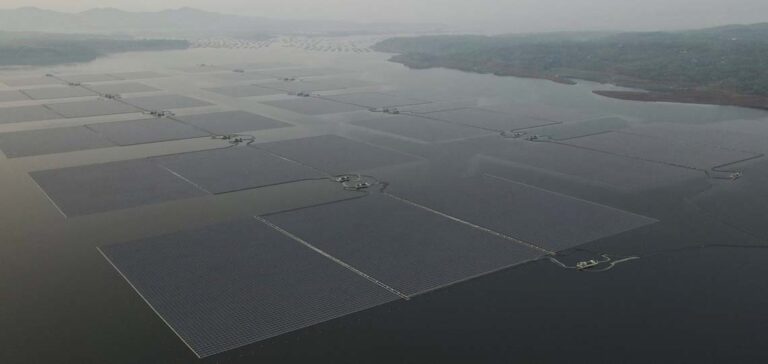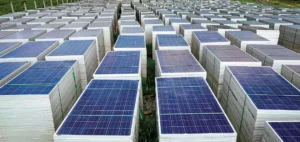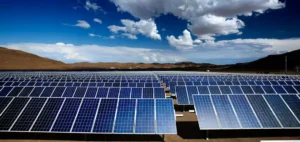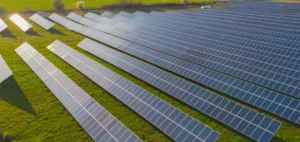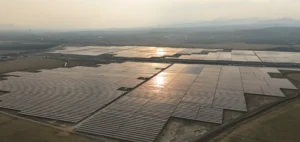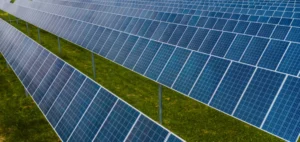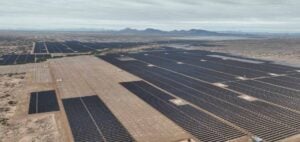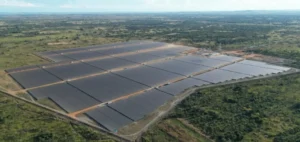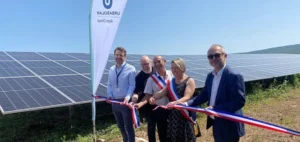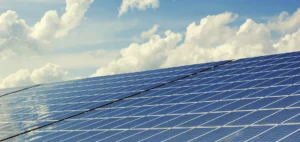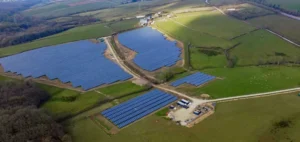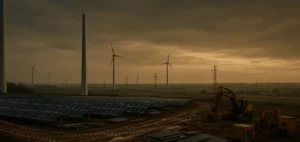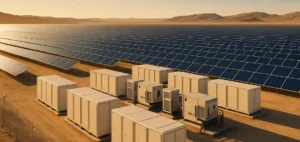Southeast Asia’s energy landscape has reached a new milestone with the inauguration by Indonesia of a state-of-the-art floating solar power plant, representing a major investment of over $100 million. Far from noisy urban centers, this solar farm extends over a vast artificial lake, marking a significant step forward in the country’s efforts towards a greener energy transition.
With an impressive capacity of 192 megawatts, the project is a milestone in the country’s energy history, underlining Indonesia’s commitment to reducing its carbon emissions. President Joko Widodo stressed the importance of this achievement, noting that this long-held dream offers new hope for the future of sustainable energy production in the region.
International collaboration and financing
This floating solar farm, one of the largest in the world, is the result of a close collaboration between Indonesia’s National Electricity Company and Abu Dhabi’s Masdar Company. Construction, which took three years, was made possible by financing provided by a consortium of international banks. With its 340,000 solar panels, the park will generate enough electricity to meet the needs of almost 50,000 households, representing a significant step forward in Indonesia’s domestic energy landscape.
Impact on Indonesia’s energy mix
This initiative comes at a crucial time as Indonesia strives to achieve ambitious zero emission targets by 2060. At present, solar and wind energy make a marginal contribution to the national energy mix, but this solar farm marks a step towards reduced dependence on fossil fuels.
Government commitment and environmental challenges
Indonesia, which relies mainly on coal for power generation, faces considerable air pollution challenges. In a commitment to the environment, the government has announced that it will not approve any new coal-fired power plants from 2023. However, already planned power plants will continue to operate, raising concerns among environmentalists.
Indonesia in the green technology race
In the context of the energy transition, Indonesia is also asserting itself as a potential player in the electric vehicle sector, taking advantage of its position as the world’s leading nickel producer. However, the juxtaposition of the country’s green ambitions with the continued use of coal in some industrial parks highlights the complexity and challenges of moving towards a low-carbon economy.
The commissioning of Indonesia’s floating solar farm is a remarkable milestone in the country’s journey towards energy sustainability. Despite the continuing challenges associated with coal use, this breakthrough supports Indonesia’s aspiration to transform itself into a modern, environmentally-friendly economy, while lighting the way for increased adoption of renewable energy in the region.

